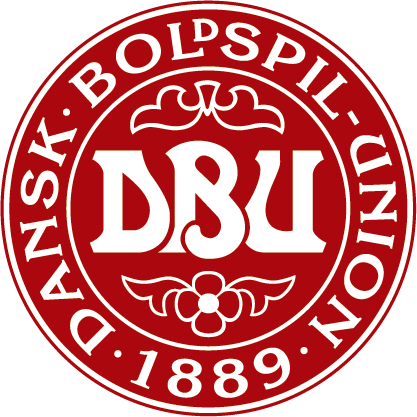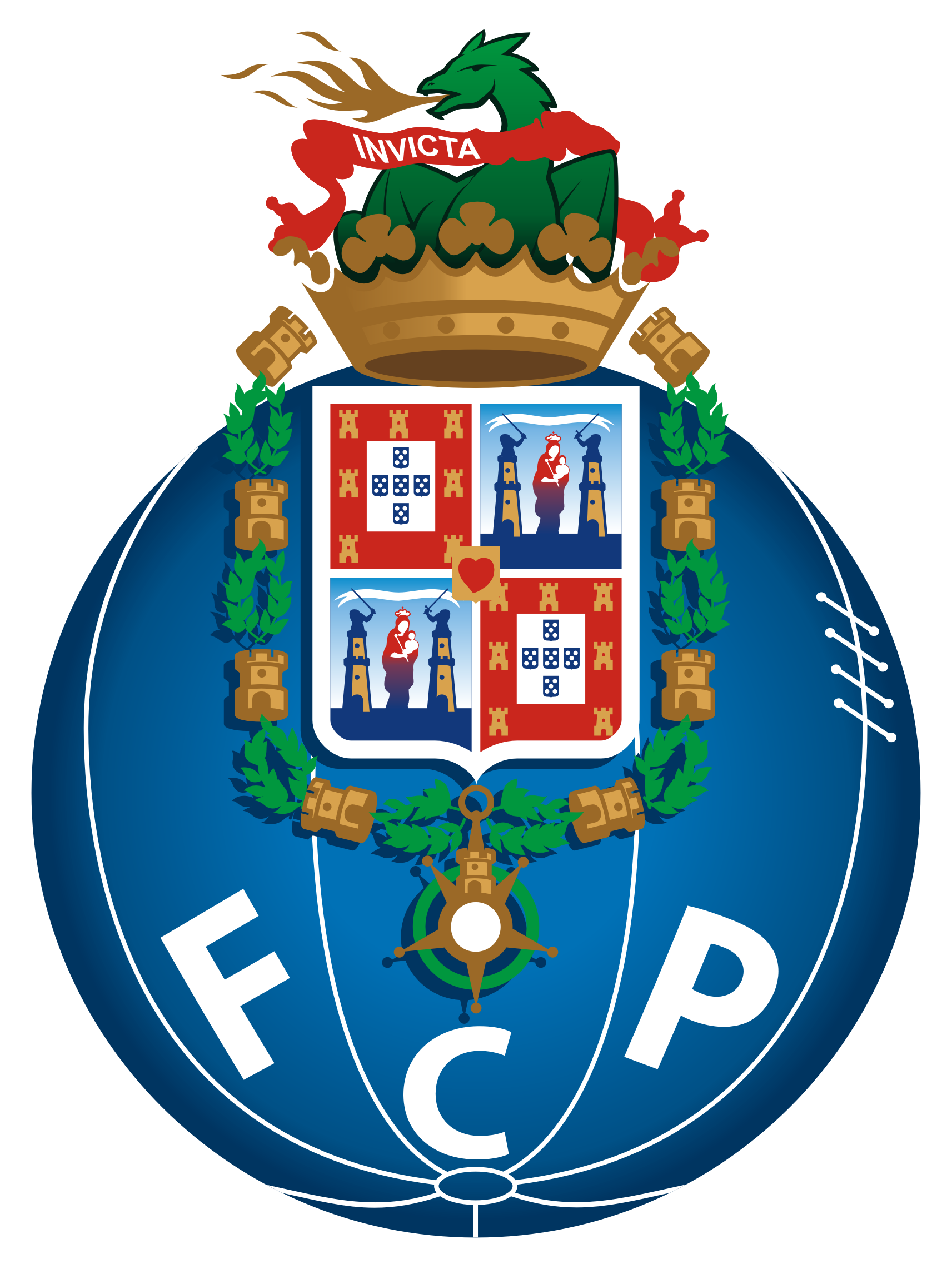FC Porto
Sant’Anna School of Advanced Studies – Institute for Management
Sant’Anna School travels to Porto in order to test the ACCESS Key Performance Indicator dashboard
As a part of this valuable tool’s development, FC Porto got the opportunity to be the first one to test it as they welcomed prof. Tiberio Daddi for a study visit.
As a part of the ongoing phase which revolves around screening current operational and governance practices in the four participating sport organisations – the Gaelic Athletic Association, the Welsh and the Danish FA and obviously FC Porto, the development of a Key Performance Indicator (KPI) dashboard can be considered as a fundamental project activity currently being developed at Sant’Anna School of Advanced Studies. The reason for being considered fundamental to the project lies in the fact that such a tool would allow both qualitative and quantitative assessment of current environmental performances in a rather short period of time. It perfectly complements the ongoing interviews and site visits as it would address performance indicators directly linked to and influenced by various practices and operations.
The visit itself served as a perfect occasion to test the initial version of the dashboard in practice and assess its functionalities and above all – the its user experience and user friendliness. The test gave empirical conclusions and findings on several features of the tool, primarily understanding whether the identified indicators are applicable to sport organisations and whether the user experience is positive enough for continuing the dashboard’s development according to the plan. In the meantime, parallel to the visit, ACR+ as the project’s second technical partner has been reviewing the tool from the technical point of view, namely whether the dashboard addresses the project’s key objectives and its compliance with the rest of the project’s work plan.
Without disclosing completely the tool just yet, it will certainly follow the methodology and the approach agreed for the interviews, traversing various aspects of environmental management: accommodation, food and beverage, mobility, purchasing, waste management and infrastructure maintenance. By using it on a regular basis, the user would be able to compare its baseline scenario indicators with the indicators of any eventual improvement actions it may implement.

















